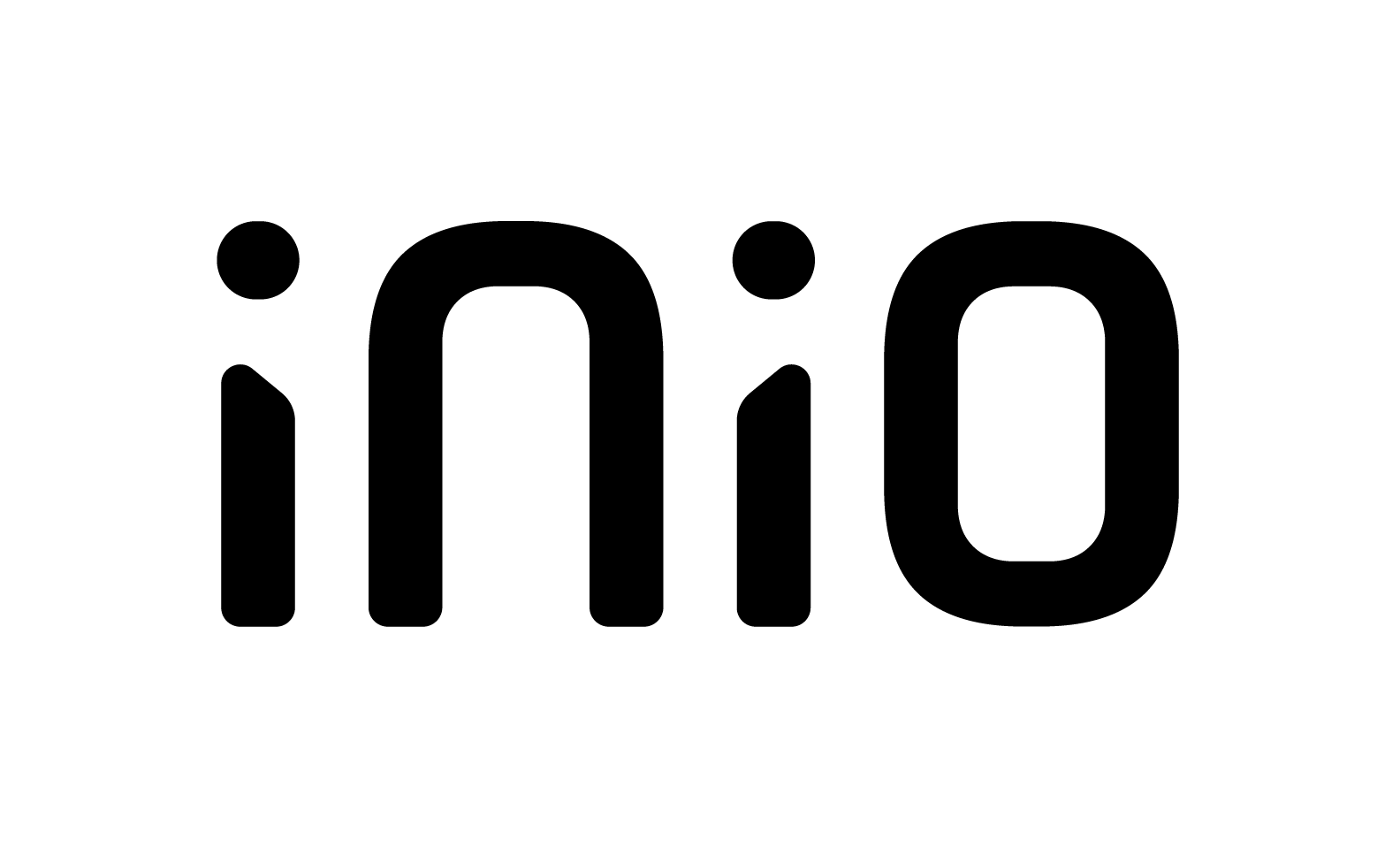Serotonin, melatonin, and cortisol are all hormones that are involved in regulating various physiological processes in the body, including sleep-wake cycles. Artificial light can affect the production of these hormones in different ways:
- Serotonin: Serotonin is a neurotransmitter that is involved in regulating mood, appetite, and sleep. Exposure to bright light, especially in the morning, can increase serotonin levels in the brain, which can help improve mood and promote wakefulness.
- Melatonin: Melatonin is a hormone that is involved in regulating sleep-wake cycles. It is produced by the pineal gland in the brain in response to darkness and helps to promote sleep. Exposure to artificial light, especially blue light emitted by electronic devices such as smartphones and computers, can suppress the production of melatonin and disrupt the sleep-wake cycle.
- Cortisol: Cortisol is a hormone that is involved in regulating stress and the sleep-wake cycle. It is produced in response to stress and is typically highest in the morning, helping to promote wakefulness. Exposure to artificial light, especially at night, can disrupt the cortisol rhythm and interfere with the natural sleep-wake cycle.
In summary, artificial light can affect the production of serotonin, melatonin, and cortisol, which can in turn impact mood, sleep, and overall health. Exposure to bright light in the morning can help regulate serotonin and promote wakefulness, while exposure to artificial light at night, especially blue light, can disrupt the production of melatonin and interfere with sleep. Artificial light can also disrupt the cortisol rhythm, which can lead to sleep problems and other health issues.
----------------------------------------------------------------------------------
Serotonin, Melatonin und Cortisol sind alles Hormone, die an der Regulierung verschiedener physiologischer Prozesse im Körper beteiligt sind, einschließlich des Schlaf-Wach-Rhythmus. Künstliches Licht kann die Produktion dieser Hormone auf unterschiedliche Weise beeinflussen:
1. Serotonin: Serotonin ist ein Neurotransmitter, der an der Regulierung von Stimmung, Appetit und Schlaf beteiligt ist. Helles Licht, insbesondere am Morgen, kann den Serotoninspiegel im Gehirn erhöhen, was die Stimmung verbessern und die Wachheit fördern kann.
2. Melatonin: Melatonin ist ein Hormon, das an der Regulierung des Schlaf-Wach-Rhythmus beteiligt ist. Es wird von der Zirbeldrüse im Gehirn als Reaktion auf die Dunkelheit produziert und trägt zur Förderung des Schlafs bei. Künstliches Licht, insbesondere blaues Licht, das von elektronischen Geräten wie Smartphones und Computern ausgestrahlt wird, kann die Melatoninproduktion unterdrücken und den Schlaf-Wach-Rhythmus stören.
3. Cortisol: Cortisol ist ein Hormon, das an der Regulierung von Stress und des Schlaf-Wach-Zyklus beteiligt ist. Es wird als Reaktion auf Stress ausgeschüttet und ist in der Regel morgens am höchsten, was zur Förderung der Wachsamkeit beiträgt. Die Exposition gegenüber künstlichem Licht, insbesondere nachts, kann den Cortisol-Rhythmus stören und den natürlichen Schlaf-Wach-Rhythmus beeinträchtigen.
Zusammenfassend lässt sich sagen, dass künstliches Licht die Produktion von Serotonin, Melatonin und Cortisol beeinflussen kann, was sich wiederum auf die Stimmung, den Schlaf und die allgemeine Gesundheit auswirken kann. Helles Licht am Morgen kann dazu beitragen, die Serotoninproduktion zu regulieren und die Wachsamkeit zu fördern, während künstliches Licht in der Nacht, insbesondere blaues Licht, die Melatoninproduktion stören und den Schlaf beeinträchtigen kann. Künstliches Licht kann auch den Cortisol-Rhythmus stören, was zu Schlafproblemen und anderen Gesundheitsproblemen führen kann.


